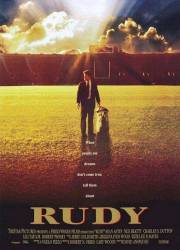
Factual error: In at least two scenes, cars from the 1990's can be seen, despite the fact that the film took place two decades earlier. (00:50:00)
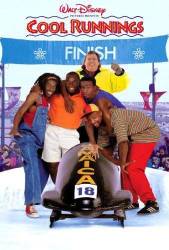
Factual error: John Candy is at the top of the Calgary Tower having lunch. In the background you see a building called Bankers Hall which is slightly higher than the Calgary tower, that's fine except this was the 1988 Olympics, that building wasn't completed until late 1990.

Factual error: When the camera took a shot on a train coming to a station in Czechoslovakia, you can see electric cables above the train tracks. There was no such thing in Czechoslovakia as electrified trains in the 1940's. The electrification started in the 1950's. (00:01:05)

Factual error: After showing a picture from 1955 when he was eight, the narrator (Shayne) states that he was fifteen by 1962. The story begins with his mother getting fired from her job at a potato chip factory and making the decision that night to move the next morning. The family moves from L.A. to Kingston, Idaho. Shayne's mother Fran tells Mr. Moon that they (she and whatever work her kids do for him around the house) want paid "minimum wage plus 10%" to pay for the land and when she gets hired at the bowling alley she is told the job pays "minimum wage" (plus any tips, which "ain't much"). Idaho did not establish a minimum wage until 1963, a year (or some months) later. The narrator even asserted at the beginning "This is a true story. It really happened to me." (00:20:03 - 00:23:47)
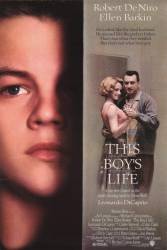
Factual error: Arthur and Jack walk by a movie theater where "Island of Lost Women" is shown, which was released in 1959. At this point of the movie we are still in 1957 - the cut to 1959 happens later. (01:03:35)
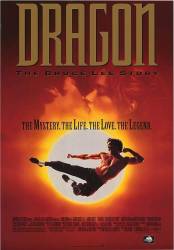
Factual error: During the scene where Bruce leaves his girlfriend's parents home, it's raining. He leaves in a huff on his motorcycle and you can clearly hear the sound of screeching rubber on the pavement. Peeling out and making this sound would not have been possible in a rainstorm.
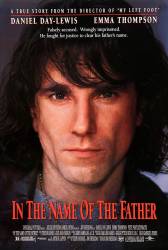
Factual error: When the convictions are overturned, the defendants' solicitor, Gareth Pearce (played by Emma Thompson) is shown arguing their case in court. In England solicitors cannot appear in the higher courts, and in fact a barrister presented the case. However, the film is 'dramatically correct' because it was Gareth Pearce who got them freed, and the barrister in question is far too full of herself without having the honour of being portrayed by Emma T.
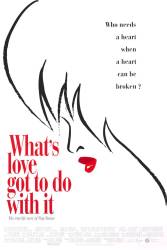
Factual error: When they tour the UK with The Rolling Stones the film states 1968, when in reality it was 1966. They then perform "Proud Mary", which Creedence Clearwater Revival did not release originally until 1969, and wasn't covered and didn't become a hit for Ike and Tina Turner until 1971.